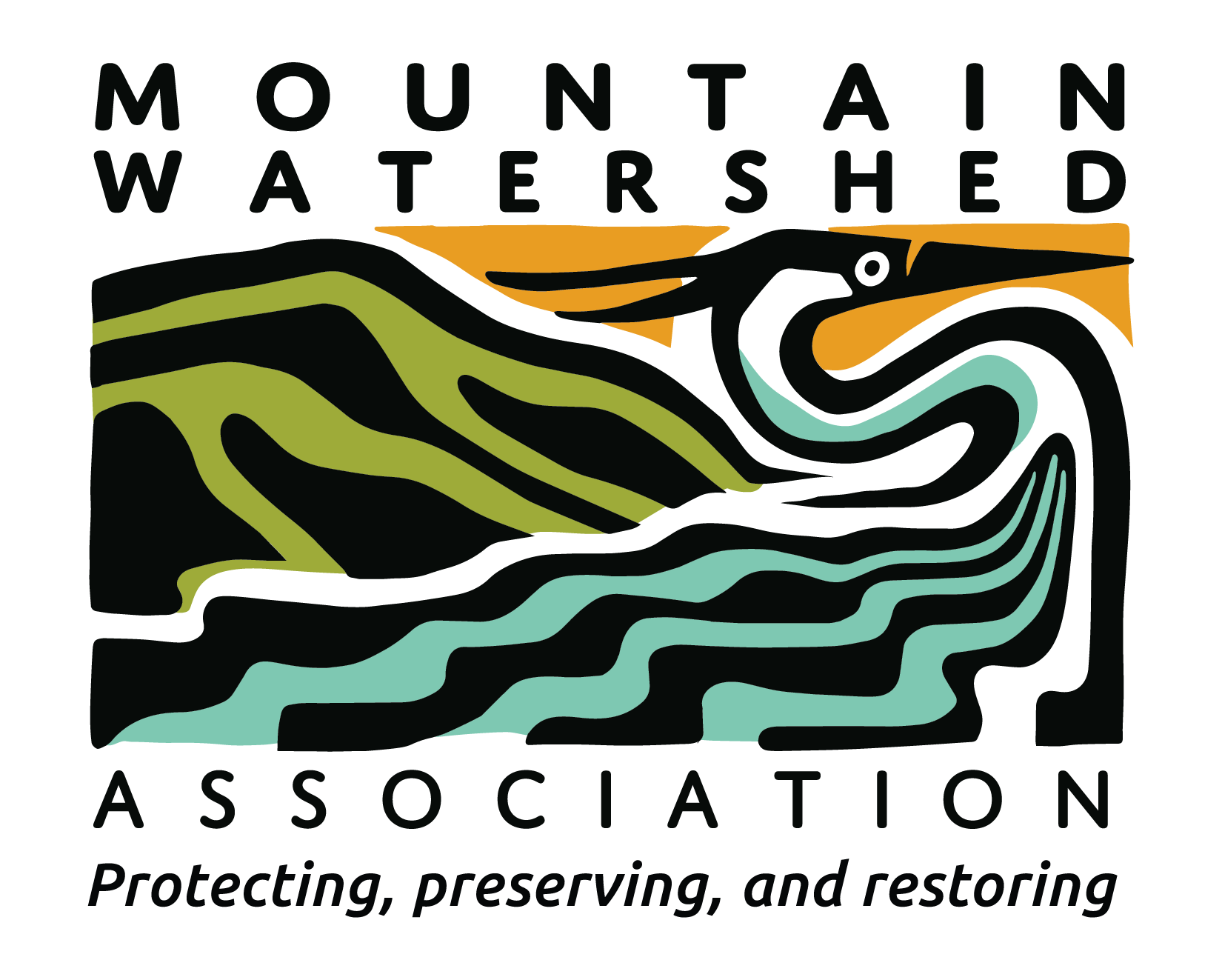MAX Environmental, the sole RCRA Class C Hazardous Waste Facility in the state of Pennsylvania, is filling up. To extend their profits, MAX Environmental is applying for the permits for an additional facility – its 7th landfill. As of this month, the application was deemed administratively complete by the Department of Environmental Protection (DEP). But MAX’s expansion is far from set in stone, with opportunities for residents to make their voices heard.
MAX’s application for Landfill 7 was unconventional from the get-go. To justify building an additional hazardous waste landfill, MAX Environmental petitioned to change the designation of Landfill 7’s proposed area from a 100-year floodplain. Previously, the land carried this floodplain designation because of its proximity to Sewickley Creek, a major tributary to the Youghiogheny River commonly used for fishing and swimming. MAX was successful in changing this designation.
In the past year, unprecedented water rises – 100-year, 1,000-year, and 10,000-year floods – have made national and international news. They have occurred in Yellowstone National Park, Kentucky, Arizona, Ohio, and West Virginia most recently. Areas prone to surges encounter them more frequently than in centuries past and we are hearing about them every day. Building a hazardous waste landfill atop land vulnerable to swells of water is, at best, short-sighted, and at worst could become a health disaster.
One of the most critical steps in the permit process is the Public Hearing, which will be hosted by the DEP on Dec. 1. Residents will have the opportunity to share their concerns with the Department about granting this expansion. The unique and hazardous nature of the chemicals handled at MAX warrants close attendance to environmental regulation. But residents are not only concerned about this facility because of the hazardous waste stored on-site – reservations with this expansion also rest on MAX’s compliance history.
Over the last few years, MAX Environmental has logged extensive violations with the DEP including open burning on landfills. In 2019, MAX Environmental in Yukon emitted 2.491 tons of lead pollution according to the most recent data. This is significantly more lead pollution than any source listed in DEP’s proposed air monitoring network plan and is the single largest source of lead pollution in the state. These lapses should not be rewarded with expansion permits.
Lead, for its part, can cause cognitive and developmental issues, especially in children. Residents living around MAX Environmental have also reported to MWA instances of difficulty breathing, chronic headaches, cancer clusters, and reproductive issues. Though it is exceedingly difficult to definitively pin a cause to many of these health impacts, many residents believe it may be related to fugitive emissions from the hazardous waste landfill.
The DEP will be hosting a Public Prep Meeting prior to the Public Hearing to ensure the community understands the public process and how to provide comments on the application on December 1 at the Yukon Volunteer Fire Department starting at 6pm. Please register to comment by emailing RA-EPHWMAXYUKONLF7@pa.gov. Mountain Watershed Association will be on hand to support the community. The Public Hearing will be held immediately following the Prep Meeting on December 1. All interested parties are encouraged to attend.
If you have any questions, please feel free to reach out to MWA via email (james@mtwatershed.com or stacey@mtwatershed.com) or by phone (724-455-4200 x9#).

